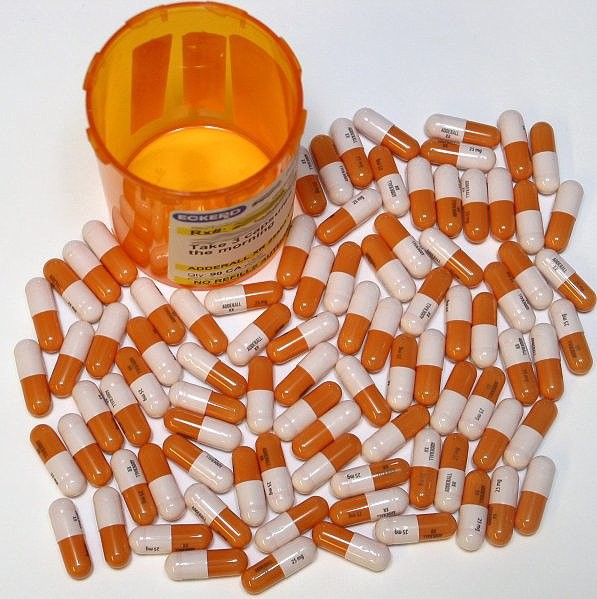New Hampshire is currently considering legislation that would expand the “drug court” system, which proponents say are more effective in reducing crime and fighting addiction. The drug courts offer an alternative to incarceration for high-risk drug offenders by providing a program with treatment, accountability, and supervision.
Tina Nadeau, chief justice of the New Hampshire superior courts, has come out as a strong and vocal advocate for the drug court system. Judge Nadeau has pointed towards evidence that drug courts reduce crime and save money by providing an alternative to expensive incarceration. The issue is particularly pressing given the current opioid epidemic facing the state.
New Hampshire currently has six drug courts, but is looking to increase this number to eleven. In 2007, Texas enacted a drug court system that led to reductions in parole violations and crime rates while saving the state billions in prison costs. Judge Nadeau cited the example, and said “if Texas can do it, we can do it.”
New Hampshire needs to confront its drug abuse problem head on, and this means honestly addressing the problem in ways that will lead to positive results. Rather than jailing drug abusers, we need to help them find treatment—it’s cheaper and more effective. Judge Nadeau’s bold stance in support of drug courts is one we should all support.









